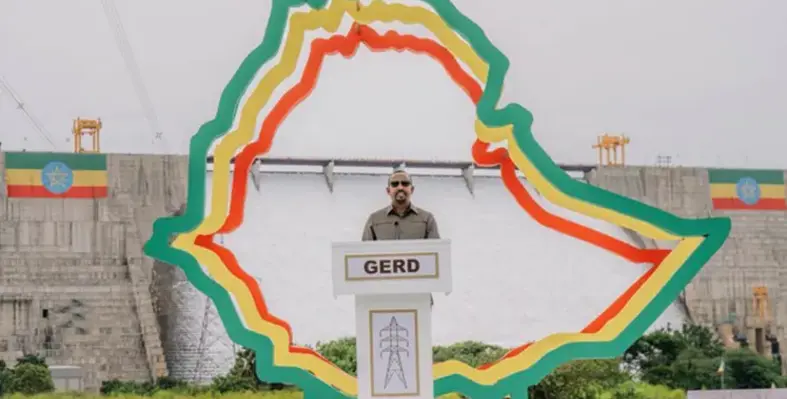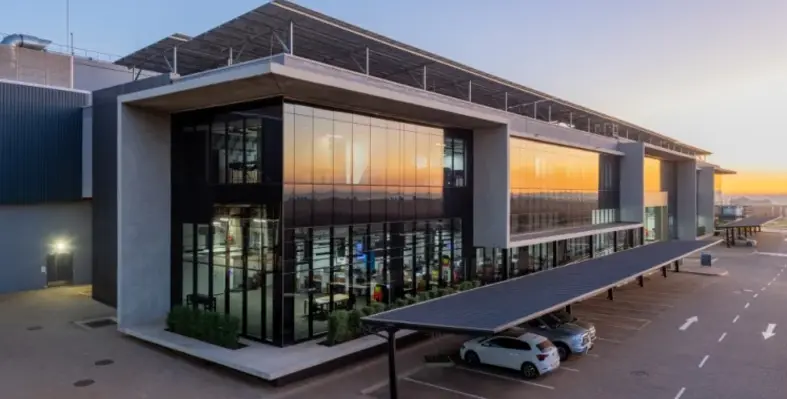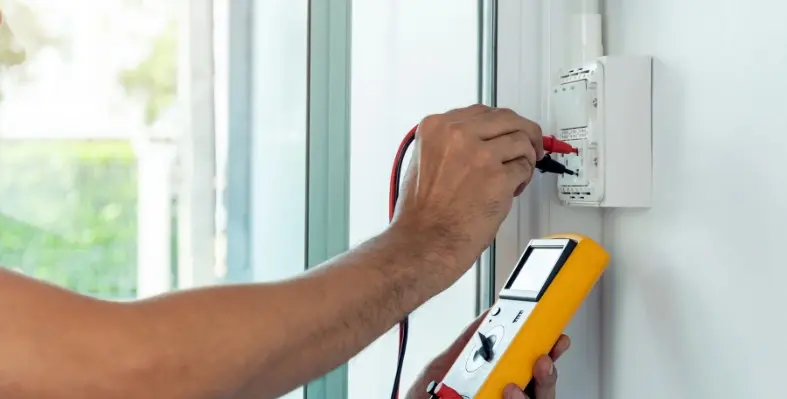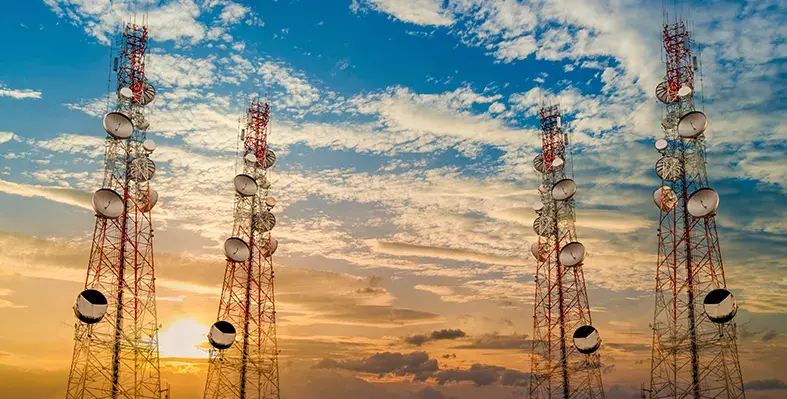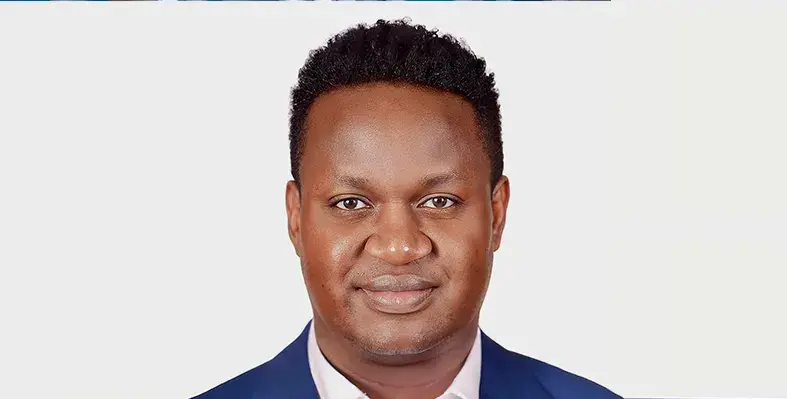
Josiah Habwe, general manager for Tanzania and Uganda, energy business at Schneider Electric (Image source: Schneider Electric)
Tanzania is entering a new energy era, and an exciting one at that, writes Josiah Habwe, general manager for Tanzania and Uganda, energy business at Schneider Electric
With the full commissioning of the Julius Nyerere Hydropower Project (JNHPP) in early 2025, Tanzania’s energy landscape is set to undergo a dramatic transformation.
The 2,115MW facility, situated on the Rufiji River, within the Selous Game Reserve, is one of the largest hydropower plants in sub-Saharan Africa and boosts the country’s installed capacity to over 4,000MW.
With all nine turbines operational, each generating 235MW, Tanzania has undoubtedly taken an all-important step towards energy self-sufficiency and grid reliability, and importantly, the delivery of affordable energy for both households and businesses.
The New Energy landscape
Before the JNHPP plant went live, Tanzania had — according to the Energy and Water Utilities Regulatory Authority (EWURA) — a total installed capacity of 2,411.33MW, of which 2,372.96MW came from the national grid and 38.37MW from off-grid systems.
Now, with the addition of the JNHPP’s energy generation, Tanzania is creating opportunities to expand access, lower costs, and accelerate electrification. In fact, JNHPP allows the national utility, Tanesco (Tanzania Electric Supply Company Limited) to reduce reliance on expensive, carbon-intensive diesel generation, improving voltage stability and reducing outages.
However, and this is important to note, off-grid systems like microgrids will remain critical in bridging the access gap, particularly for remote communities.
Integrating advanced, digital tools
Generation, like most countries across the world, is only one part of the energy equation. In order for Tanzania to truly harness this new capacity, its transmission and distribution must be up to the task.
Currently, the transmission network spans 7,524km of lines and 67 substations, while distribution networks extend across 188,266km, mostly operated by Tanesco.
It is here where digitisation can become an invaluable tool in optimising the country’s transmission and distribution networks. For one, Advanced Distribution Management System (ADMS) can provide utilities with real-time monitoring, automated outage management, and optimisation tools.
ADMS integrates SCADA (Supervisory Control and Data Acquisition, DMS (Distribution Management Systems) and OMS (Outage Management System) into a single platform and can help Tanzania’s utilities modernise operations, improve grid flexibility, and prepare for the integration of distributed energy resources (DERs).
Modernising a sustainable infrastructure
It is also important that Tanzania continues to strengthen its sustainability efforts and resultant steps toward net zero with greener energy infrastructure. Here, solutions like Schneider Electric’s AirSeT series SF6-free medium voltage switchgear along with automation and grid optimisation solutions, creates cleaner, more resilient power systems.
And coupled with microgrids, these technologies can enhance resilience for industries, data centres and essential services, while ensuring communities remain powered even in times of grid instability.
Community access to energy
Tanzania’s enhanced energy infrastructures should also extend to include human development. Initiatives like Schneider Electric’s Access to Energy Programmes support individual, domestic, and community electrification through solutions like Mobiya (individual solar lamps), Homaya (domestic systems), and Villaya (collective microgrids).
Mobiya Solar Lamps are:
Portable, affordable, and durable and provide clean lighting for individuals in off-grid settings.
Ideal for students, vendors, and mobile workers, they replace kerosene lamps and candles, reducing health risks and fire hazards.
Rechargeable via solar panels, they support night-time productivity, safety, and education.
Homaya Solar Home Systems:
Designed for rural households, Homaya systems combine solar panels, in-built batteries, and multiple lighting points.
They power basic appliances (fans, radios, TVs) and support both AC and DC loads, adapting to local energy needs.
Homaya enables energy independence, reducing reliance on unreliable or expensive grid extensions.
Villaya Microgrids:
Villaya solutions are pre-configured solar microgrids that serve entire communities, schools, clinics, or agricultural hubs.
They integrate smart monitoring, pre-payment systems, and load management, ensuring sustainability and accountability.
Villaya supports productive use of energy—from water pumping to refrigeration—boosting livelihoods and local economies.
Indeed, by coupling energy with education and entrepreneurship, these initiatives are helping underserved communities in Tanzania move towards greater social and economic inclusion.
Ultimately, Tanzania’s energy sector is making positive strides, with a clear trajectory towards greater capacity, reliability, and sustainable energy for all.
Read more:
Schneider Electric powers Nigeria's sustainable manufacturing future
Schneider Electric opens Africa's first innovation hub in Johannesburg
Schneider, Mitsumi boost East Africa's power resilience
